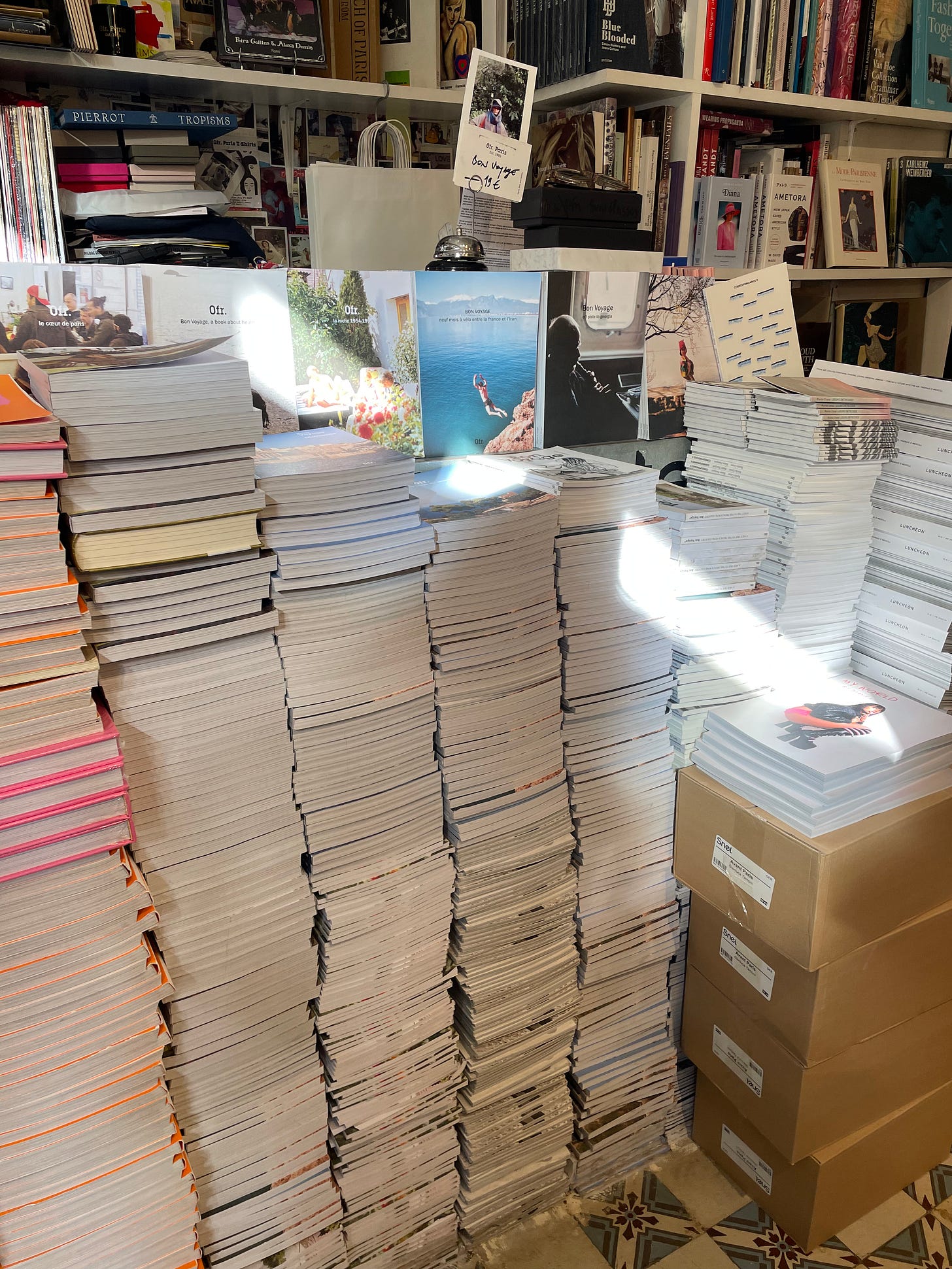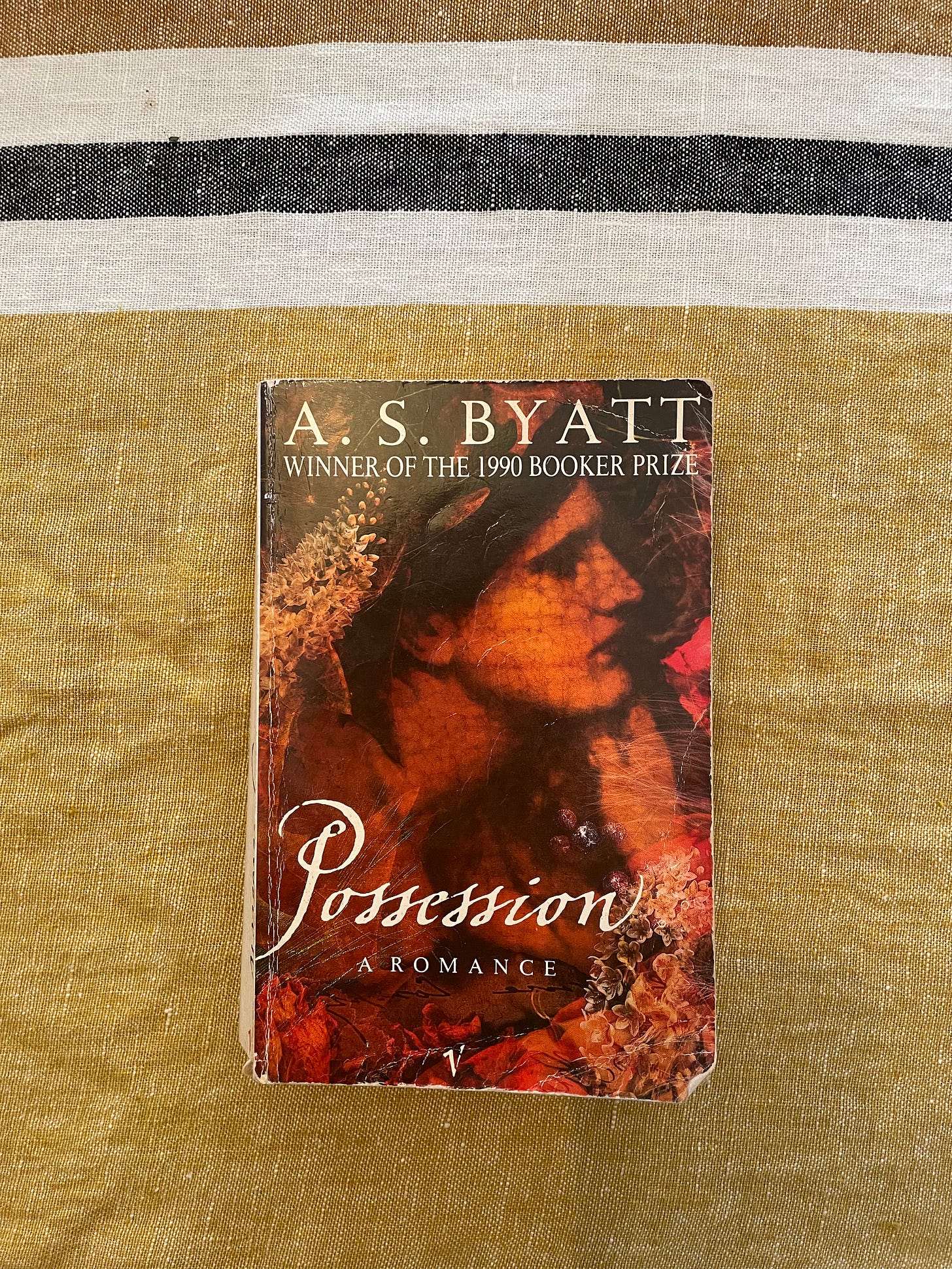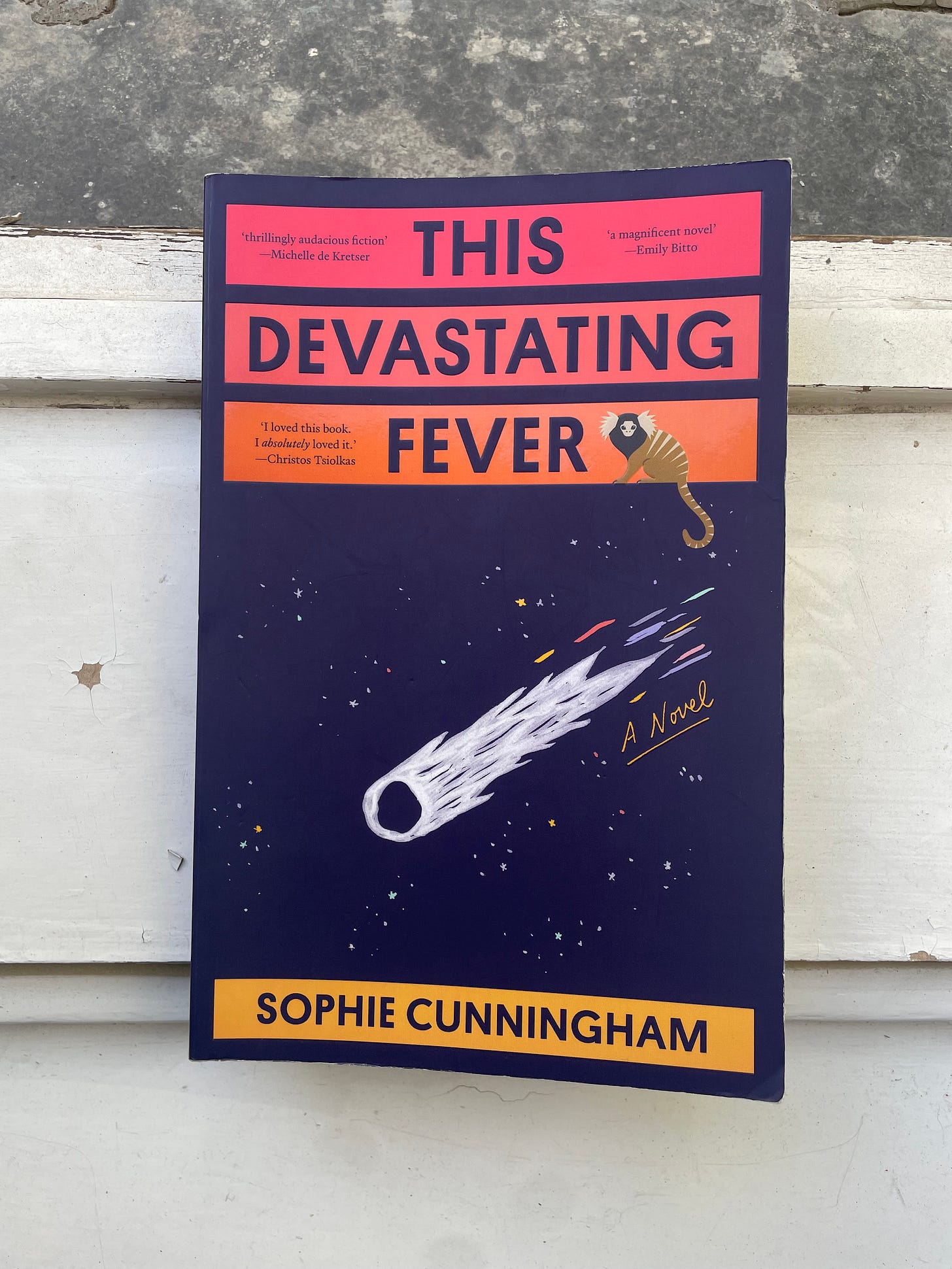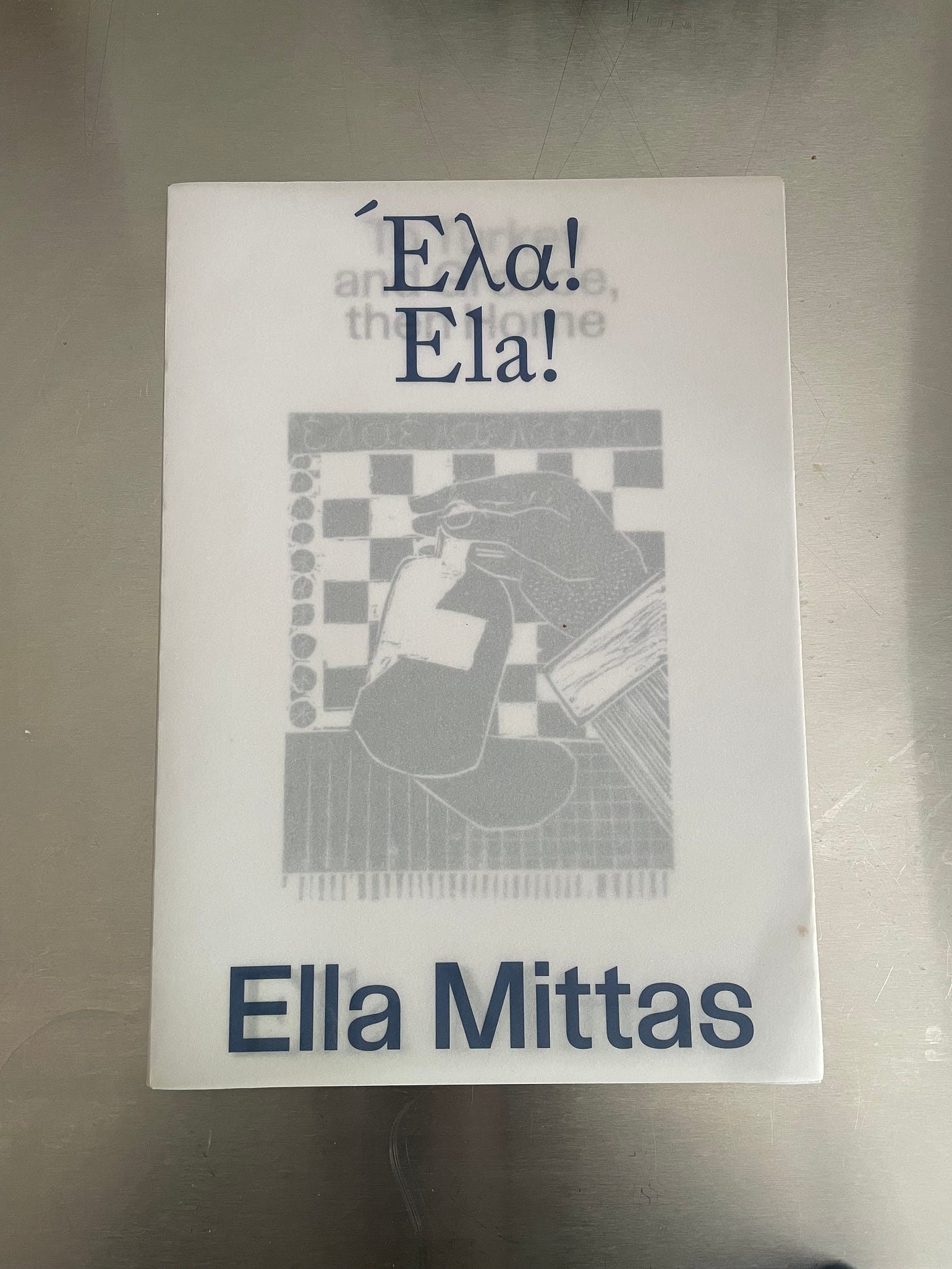I have recently discovered an excellent technique for increasing my literature consumption: simply move to the other side of the world and fail to make a significant number of friends. Voila! Books have become my buddies.
It turns out that a chilling European winter and a non-English speaking populace is a lethal combination for reading as many novels as possible. The following are a select few I recommend.
Possession by A. S. Byatt, 1990
Twenty pages into this tome I had to stop to google whether the two Victorian poets at the centre of the plot actually existed or not. Fragments of their poetry appear as epithets to the beginning of each chapter in styles and metres so realistic and distinct I was convinced one singular author could not have dreamt them up. Their letters to each other are equally so, containing so much life, uniqueness, fault; it wasn’t possible they could be invented. And yet they were!
Roland is a good protagonist but an unremarkable scholar who spends his time cobbling together a woeful living as a research assistant and part-time university teacher in London. That is until he unearths inside a library book the bibliographic equivalent of a hidden Immunity Idol on a Samoan beach. Faced with a discovery that could change the face of literary scholarship (and his own fortunes) forever, he keeps it to himself and follows a trail of breadcrumbs to learn as much as he can about a pair of clandestine Victorian hornbags. Cashed up American villains, a crusty curmudgeon lord, an elven poetry academic and disgruntled lovers follow in his wake as he trudges through libraries, villages, the Yorkshire wilderness and time like a benevolent Bilbo Baggins. I was simply enthralled.
I mourn this style of modern Victorian realism that had so much purchase on the 90s literary landscape and has now fallen out of fashion. Contemporary stories are sleek and sparse and told by cruel or misanthropic narrators (shoot me for this hot take!), with detached prose and clinical protagonists. Possession is detailed, architectural and enveloping. It’s the Black Panther of epic novels – unmatched in its world-building.
I sobbed at the end of it in a way I was not expecting and still don’t really understand. Perhaps I had become so used to its particular narration style that I assumed I would never be privy to a certain piece of information in the story, so when it did reveal itself - right at the end - it took my breath away. I’d forgotten what it felt like to read stories that absorb you so much they make you cry when they are done. I would recommend it to a friend (ie. you).
This Devastating Fever by Sophie Cunningham, 2023
This book revolves around the literary themes du jour: plague, anxiety, colonialism, trauma, care ethics, creative nonfiction, ecology, young women having bad sex, polyamory, ghosts. The twist? It’s set in the early 1900s and based on the lives of Viriginia Woolf and her husband Leonard. It would be dreadfully Victorian if it weren’t so damn modern.
The narrator is Alice – a writer in millennium era Melbourne struggling to pen a novel about the Woolfs and their Bloomsbury set. The battle takes 20 years, moving between modern-day tsunami-ravaged Sri Lanka (where Leonard was a colonial administrator) and imagined encounters with his and Virginia’s ghosts. As Alice struggles to write the book the reader is currently reading (not as confusing as it sounds), she shifts through decades of notes and research, making friendships with each Woolf and being either challenged or comforted by their presence. The background is constantly changing: Ceylon-era Sri Lanka, Blitz-ed London, Nazi Germany, regional Victoria in Covid quarantine, a Melbourne nursing home, Charleston Farmhouse; but the writing project stays constant.
Her own novel and the one she exists inside are shaky landscapes for Alice, whose uncertain footing in the present is relieved when she takes shelter in the past. But the now eventually does encroach and the novel must be finished, so how will it? The whole book is like one big ending, constantly rehearsing itself, juggling middles, beginning without starting. It was strange and I loved it.
Ela! Ela! by Ella Mittas, 2022
Call me unorthodox for recommending a cookbook and I’ll call you boring. Sorry, that’s the social equation! Mittas is a chef turned caterer turned writer, and this is her Odyssey - a journey home to Melbourne via the kitchens of Turkey, Greece and Crete.
Burntout and disenchanted with Australia’s exhausting commercial kitchens, Mittas decides to spend months abroad tracing her family heritage back to Greece and working in traditional, often family-run restaurants wherever she goes. The details she chooses to include are cinematic in their specificity: men gathering before her window every night to watch YouTube videos on a shared screen, the faded yellow Peugeot she drives into the mountains of Crete to work every day, the bird-proof netting stretched across the cherry trees in her grandparents’ suburban Melbourne backyard. Amongst these images there are moments of honest reflection, about culture shock, ego and her own entitlement. It’s more lyrical than Kitchen Confidential but with the same rawness and intensity. It’s a surprising portrait of what it means to yearn for meaning and not exactly find it, especially when you expect to.
I am usually of the opinion that cookbooks containing – to borrow from Elvis – too much conversation and not enough action are a personal affront to the genre. The opinion also holds in reverse (unless you are Nora Ephron please don’t put recipes in a memoir) and yet this effort is a flawless exception. Shoutout to the Galaktoboureko specifically. She also made all the linocuts herself. The genius of woman!






Vienna locals’ loss is our gain!!